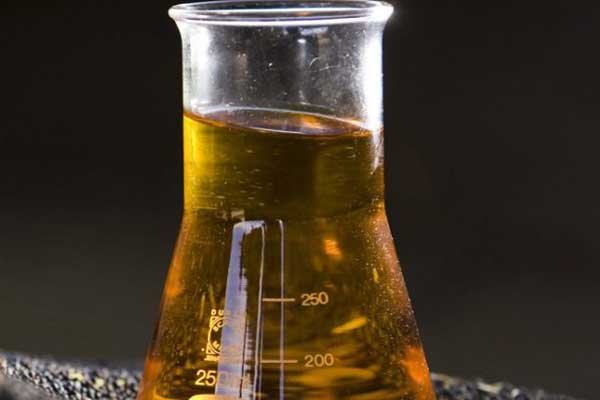Haydro Carbon
A hydrocarbon is an organic compound consisting of hydrogen and carbon found in crude oil, natural gas, and coal. Hydrocarbons are highly combustible and the main energy source of the world. Its uses consist of gasoline, jet fuel, propane, kerosene, and diesel, to name just a few.

In organic chemistry, a hydrocarbon is an organic compound consisting entirely of hydrogen and carbon. 620 Hydrocarbons are examples of group 14 hydrides. Hydrocarbons are generally colorless and hydrophobic; their odor is usually faint, and may be similar to that of gasoline or lighter fluid. They occur in a diverse range of molecular structures and phases: they can be gases (such as methane and propane),
liquids (such as hexane and benzene), low melting solids (such as paraffin wax and naphthalene) or polymers (such as polyethylene and polystyrene).

In the fossil fuel industries, hydrocarbon refers to naturally occurring petroleum, natural gas and coal, or their hydrocarbon derivatives and purified forms. Combustion of hydrocarbons is the main source of theworld’s energy. Petroleum is the dominant raw-material source for organic commodity chemicals such as solvents and polymers. Most anthropogenic (human-generated) emissions of greenhouse gases are either carbon dioxide released by the burning of fossil fuels, or methane released from the handling of natural gas or from agriculture

